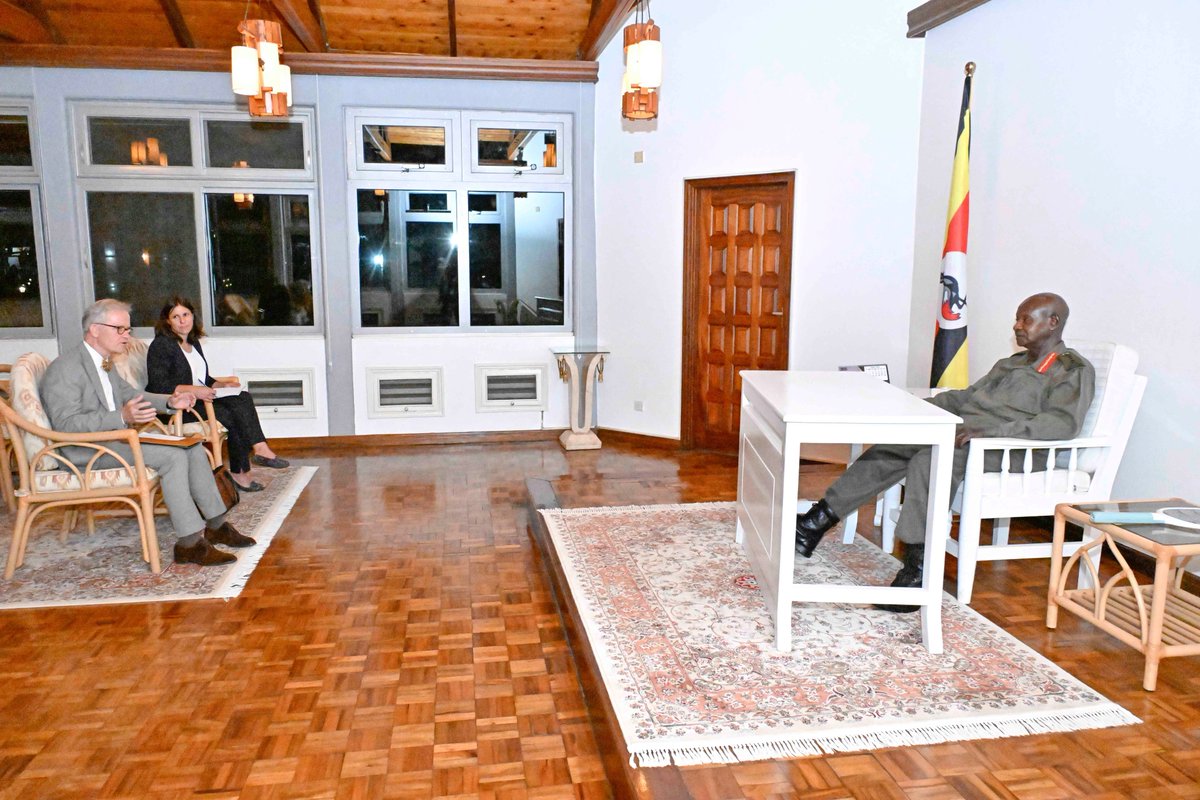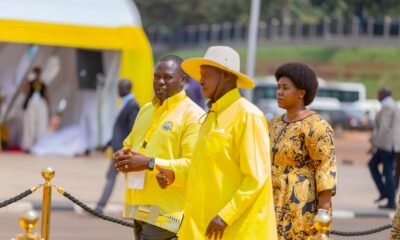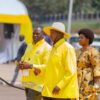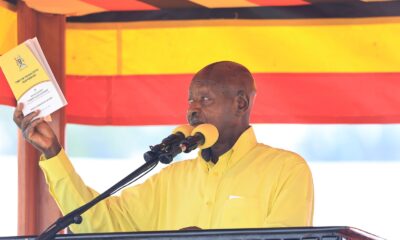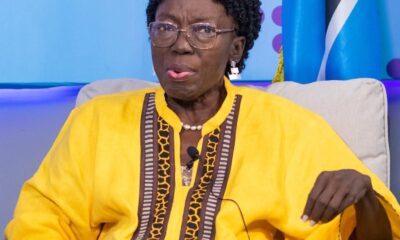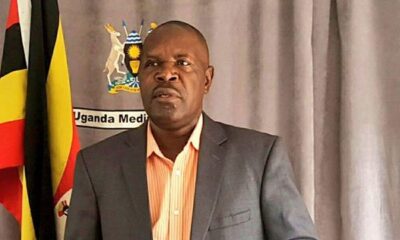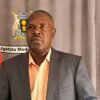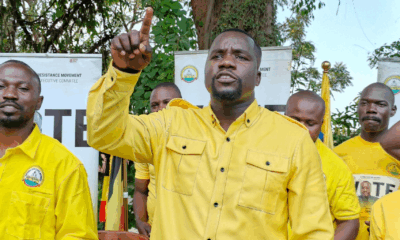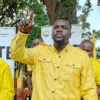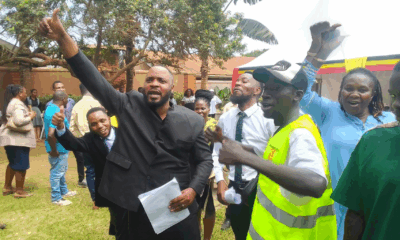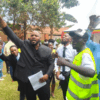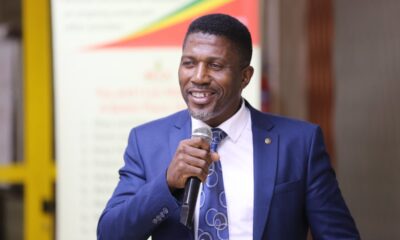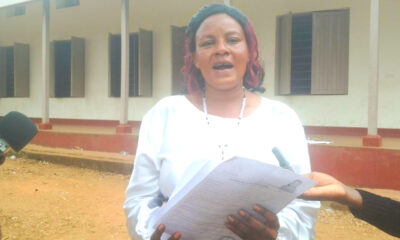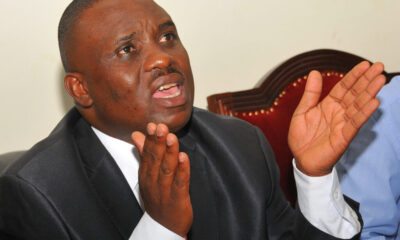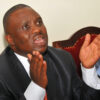Politics
Museveni, German Ambassador Meet to Mend Ties After Diplomatic Rift
A high-stakes meeting between Ugandan President Yoweri Museveni and German Ambassador Matthias Schauer on Friday signals a significant thaw in relations following a serious diplomatic row that saw Uganda accuse the ambassador of “subversive activities” and suspend military cooperation.
The encounter at State Lodge, Nakasero, focused on bolstering collaboration in key sectors including trade, investment, technology, and sports development, with both leaders reportedly “reaffirming their commitment to strengthening the longstanding partnership between Uganda and Germany.”
The meeting comes after a period of intense tension, ignited when the Uganda Peoples’ Defence Forces (UPDF), through then-acting director of Defence Public Information Col. Chris Magezi, publicly alleged that Ambassador Schauer was “actively engaged in subversive activities” and interfering in Uganda’s internal affairs, including backing opposition groups ahead of next year’s general elections. Germany swiftly rejected these claims as “absurd and without any merit.”
The accusations against Ambassador Schauer, who has served in Uganda since July 2020, marked one of the most severe diplomatic rifts between Kampala and a European power in recent memory. While the specific nature of the alleged “subversive activities” remains unpublicized by Ugandan authorities, the incident exposed deep fissures within Uganda’s political and military establishment.
Adding to the complexity, Gen. Muhoozi Kainerugaba, President Museveni’s son and current UPDF chief, had publicly voiced “personal” issues with the ambassador, deeming him “wholly unqualified” to be in Uganda. This contrasted with Magezi’s official announcement of the military cooperation suspension, which was made on X (formerly Twitter) and preceded Magezi’s removal from his post.
The diplomatic fallout reportedly stemmed from a closed-door meeting in Gulu where Gen. Salim Saleh, President Museveni’s brother, met with European diplomats. During these talks, Ambassador Schauer reportedly criticised Gen. Muhoozi Kainerugaba’s frequent social media pronouncements, warning they were inflicting “reputational damage” on Uganda and urging senior officials to publicly disavow them. “What we have tried to convey is we are worried about the reputational damage that this is causing in this country,” the ambassador was quoted as saying in viral videos from the meeting.
Uganda’s opposition leader, Robert Kyagulanyi, popularly known as Bobi Wine, dismissed the military’s accusations as a “ridiculous” attempt to criminalise dissent, claiming the government was “manufacturing ‘threats’ to shield itself from accountability.” These allegations by the UPDF had also included claims of recent arrests uncovering rebel plots involving opposition supporters and acts of economic sabotage, including the destruction of electricity infrastructure, claims the opposition vehemently denies.
Col. Magezi had further alleged that some European embassies in Kampala were “funding and mobilising” dissident groups, identifying Schauer as a key actor whose actions allegedly went “against the spirit of the 1961 Vienna Diplomatic Conventions.”
Footage from the Gulu meeting caused internal consternation, with Uganda’s U.N. ambassador Adonia Ayebare describing the diplomatic exchange as a “fiasco.” Gen. Saleh, however, appeared to downplay the controversy surrounding his nephew, referring to Muhoozi as a “Gen-Z” officer and suggesting he would “get him on board” if necessary.
While the UPDF had previously warned of “decisive action against those who seek to destabilise the country,” the recent meeting between President Museveni and Ambassador Schauer suggests a concerted effort to manage the fallout and restore diplomatic equilibrium. Under the 1961 Vienna Convention on Diplomatic Relations, diplomats are prohibited from interfering in the internal affairs of the host state, though direct public accusations of subversion are rare and typically signal a severe breakdown in diplomatic relations. The swift move to normalise ties indicates a desire by both nations to put the recent contentious chapter behind them.
Comments



